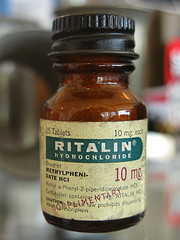 It is estimated that 3 to 7 percent of American children suffer form Attention Deficit Hyperactivity Disorder (ADHD).
It is estimated that 3 to 7 percent of American children suffer form Attention Deficit Hyperactivity Disorder (ADHD).
That adds up to over 2 million kids, one in every class of 25.
Traditional treatments involve medications such as Ritlin and Adderall, as well as other prescription drugs. Side effects linked to ADHD medication include depression, anxiety, loss of appetite, inability to fall or stay asleep, rapid heartbeat…the list goes on and on.
Research has shown that nutrient deficiencies can exacerbate ADHD symptoms. For many children, proper nutrition may effectively work as an ADHD alternative treatment. (If your child is currently taking prescription medication for ADHD, don’t stop the medication without discussing it with your physician first.)
Essential fatty acid deficiency is extremely common in ADHD children.
Fatty acids are used to make brain and nerve tissue, and are crucial for proper growth, mental function, immunity, and brain development.
A typical Western diet is high in Omega-6, and very low in Omega-3 fatty acids. This Omega-3 deficiency can be the cause of childhood behavior and learning problems, especially in boys, who require more fatty acids than girls. (ADHD is twice as common in boys.)
Flaxseeds and flaxseed oil are the richest plant sources of Omega-3 fatty acids and offer nutrition vital to support healthy childhood behavioral development.
Foods high in Omega-3 include:
- Walnuts
- Beans
- Olive oil
- Winter squashes
- Fish
Levels of zinc and magnesium are commonly low in children suffering from ADHD, and some trials have shown that supplementing with zinc can successfully help in the treatment of ADHD.
Foods rich in zinc include:
- Spinach
- Asparagus
- Miso
- Broccoli
- Peas
- Pumpkin seeds
Some magnesium rich foods are:
- Swiss chard
- Blackstrap molasses
- Spinach
- Summer squash
- Kale
- Sunflower seeds
Children with ADHD usually suffer from food allergies as well. Dairy products, wheat, corn, yeast, soy, eggs, peanuts, and the all too common artificial colors and preservatives are common culprits.
Parents and caregivers should at the very least avoid serving foods with artificial ingredients. If other foods are suspected as allergens they should also be eliminated.
A balanced whole food diet rich in Omega-3, antioxidants, vitamins, and minerals can be beneficial to the ADHD child……and everyone else too.
Image credit: Tonx on flickr creative commons.
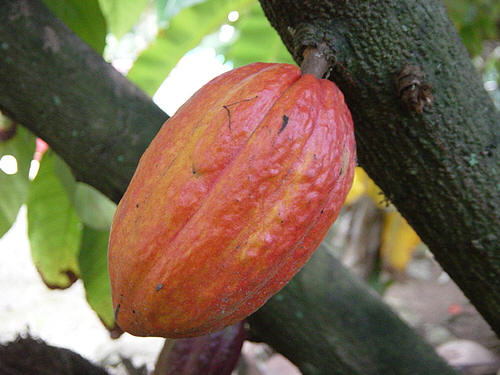

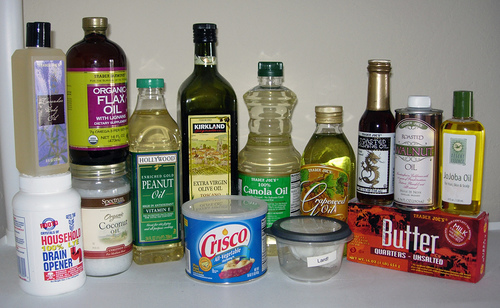

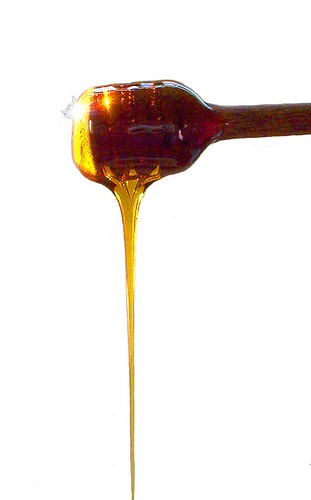
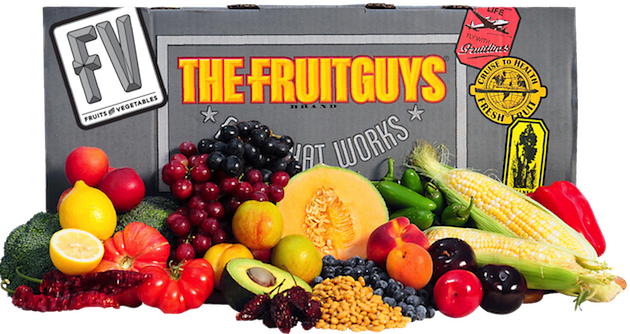


Does this also apply to adults with ADHD and ADD, or is it specific to children’s mental development?